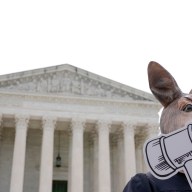When buying a property, you must study and understand the restrictive covenants that effect the land. Such covenants govern how the property can and cannot be used. Restrictive covenants are rules that create limitations or conditions for the use of a property. The provisions are typically spelled out in a deed and “run with the land,” meaning they are binding on all subsequent purchasers of a property.
The restrictions are usually established by the original developer and are different for every subdivision. In theory, they develop specific standards and control neighbourhood activities to protect property values.
Defining the size and style of houses that can be built in a neighbourhood is usually the primary objective of covenants.
Covenants may create limitations on the type of construction materials that can be used, the exterior colour of the home, and the time in which the home has to be built. Restrictions could also apply to the permitted use of a garage, the type of pets that can be kept, and to prohibit the cutting of trees.
Covenants are not always preventative and may call for specific action. For example, in some Halifax, 50 per cent of the exterior of every building must be constructed of clay brick manufactured by a specific company.
Unfortunately, there are no property police to monitor covenants. Compliance must be enforced by fellow property owners, which could require taking a neighbour to court.
– Elias Metlej is a real estate lawyer with the Halifax firm Blois Nickerson & Bryson. You can write to Elias at askelias@yahoo.com
















